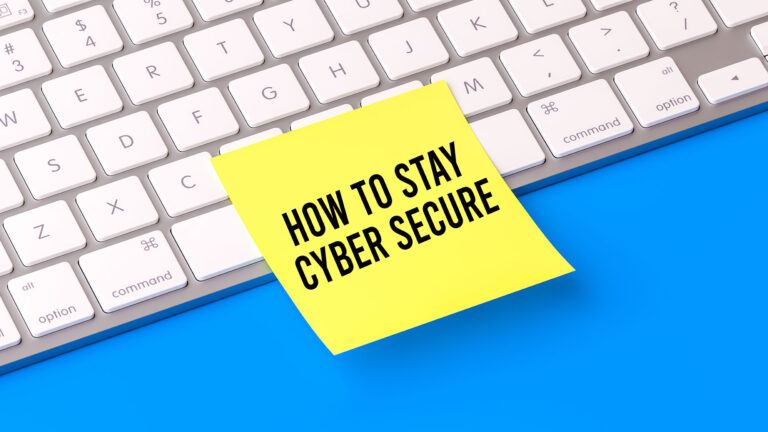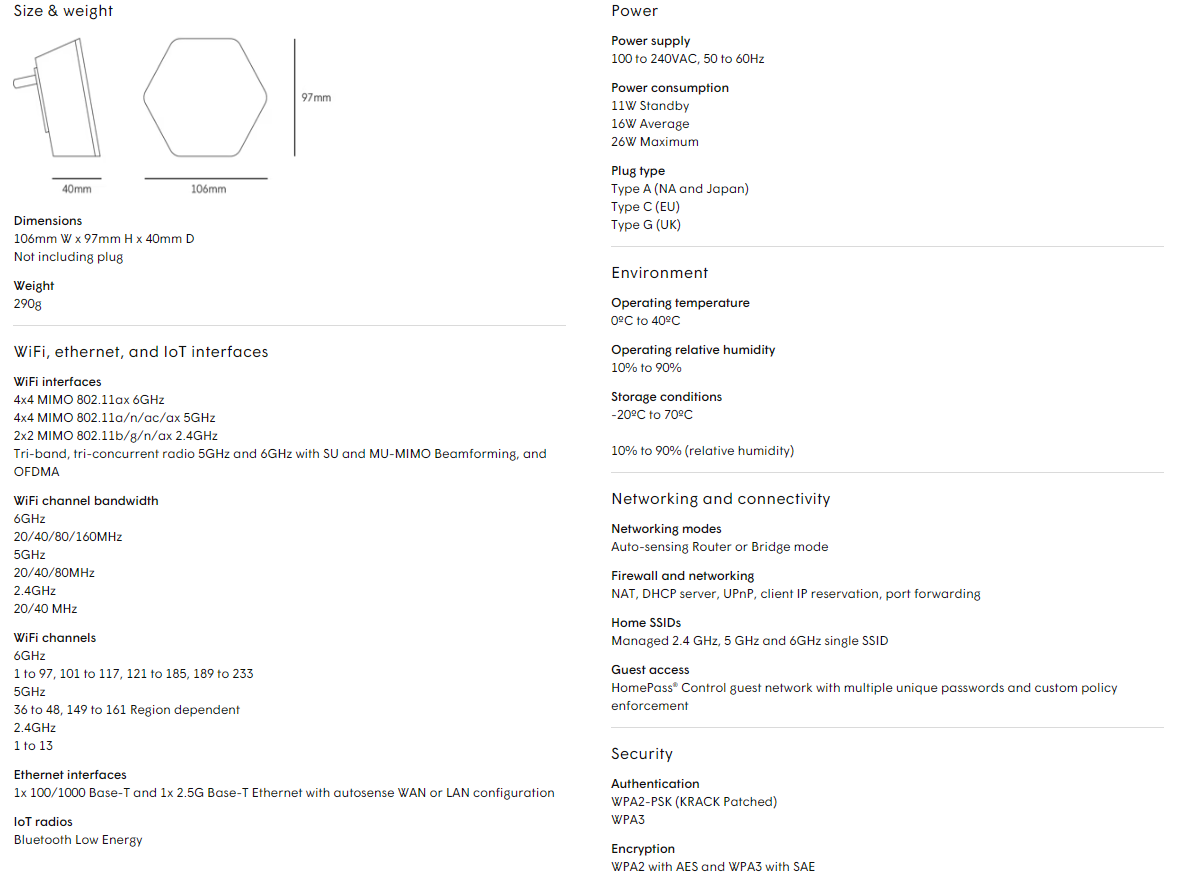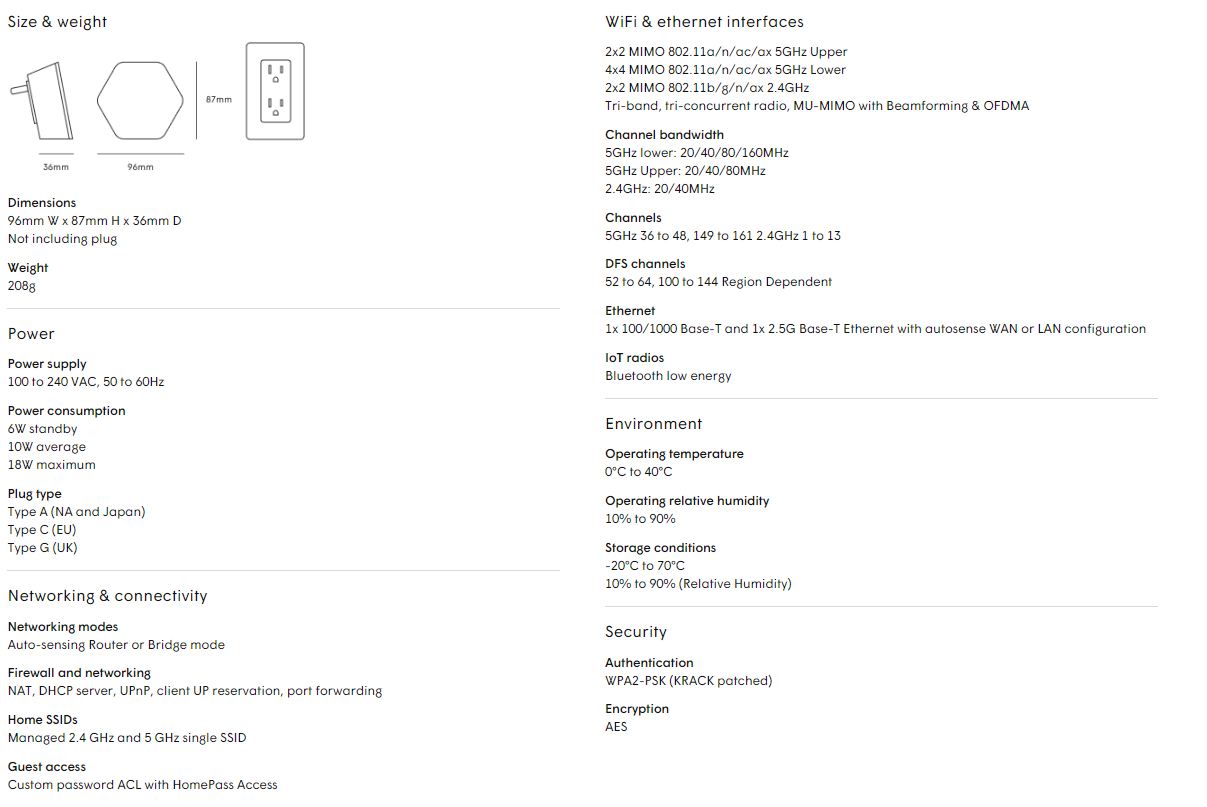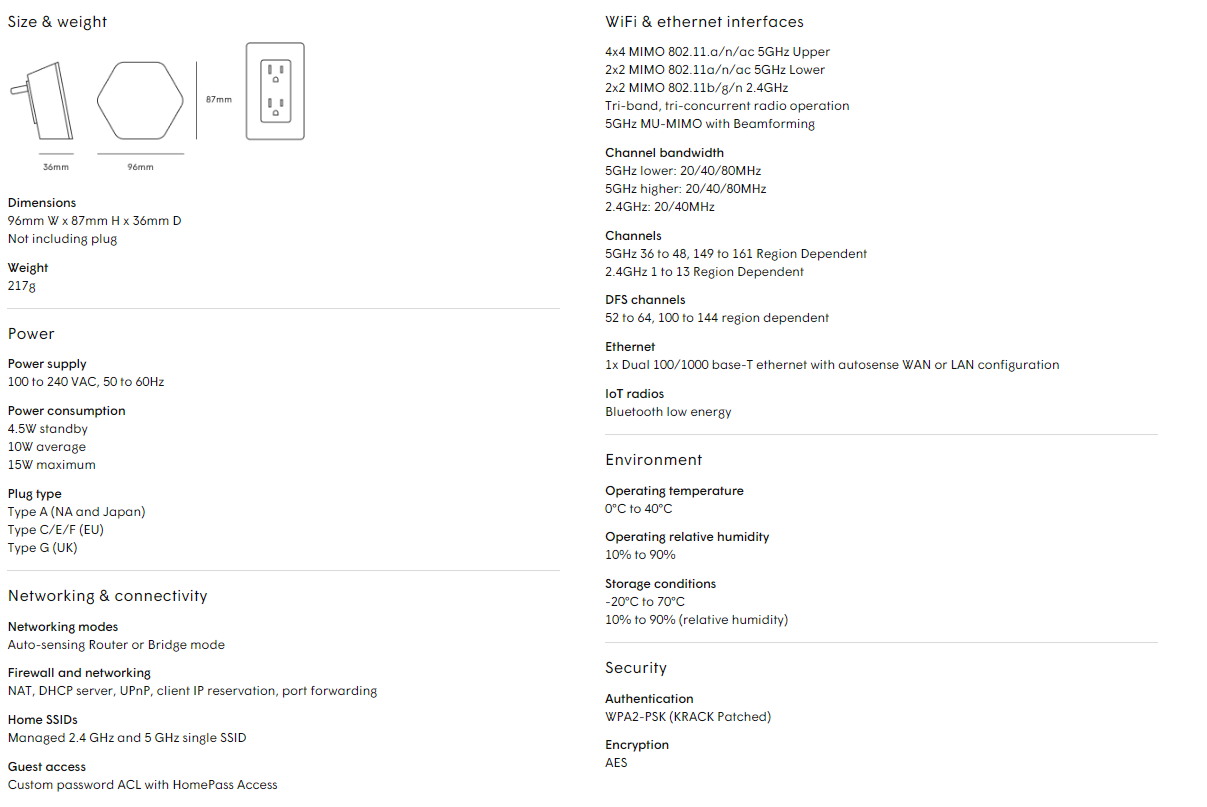Tax season is upon us and many anticipate their tax returns. However, with the annual arrival of tax season, there’s also an unfortunate rise in malicious activities by cybercriminals seeking to take advantage of innocent taxpayers. Protect yourself by being well-informed about the potential risks during tax season.
The Rising Threat: Tax Scams and Malicious Tactics
In the previous year, the Internal Revenue Service (IRS) witnessed a significant surge in phishing attempts aimed at stealing money or sensitive tax data. Cybercriminals employ various sophisticated techniques to exploit unsuspecting individuals eagerly awaiting their tax returns, such as:
1. Email Spoofing and Impersonation
Scammers often send emails posing as legitimate tax service companies by utilizing email spoofing and stolen logos. Responding to these emails with personal data or tax information can lead to the unfortunate loss of your hard-earned money.
2. Malicious Hyperlinks and Fake Attachments
Similar to email impersonation, cybercriminals send deceptive emails containing hyperlinks that redirect you to malicious websites or include fake PDF attachments. These attachments may download malware or viruses onto your computer, compromising your sensitive information.
3. Phone Calls from Fake IRS Representatives
Tax scams extend beyond emails, with scammers also making phone calls and posing as IRS representatives. They may claim that you owe money that must be paid immediately, often resorting to threats of arrests, deportation, or suspension of business or driver’s licenses.
Staying Vigilant
It’s crucial to stay vigilant and be aware of common tactics employed by scammers during tax season. Here are some key points to remember:
- The IRS will always mail a bill before making any phone calls about taxes owed.
- The IRS will never ask for credit or debit card numbers over the phone.
- Immediate threats of arrest for unpaid taxes are not legitimate; the IRS follows a proper legal process.
- The IRS provides an opportunity to question or appeal the amount owed before demanding payment.
- The IRS does not initiate discussions about personal tax matters through emails or text messages.
Protecting Yourself: Best Practices
As taxpayers, it’s essential to adopt best practices to protect ourselves from falling victim to tax scams. Here are some guidelines to follow:
- Only share sensitive data over email when absolutely necessary and after confirming the legitimacy of the recipient.
- Verify the authenticity of emails, especially those requesting personal or financial information, by contacting the IRS directly using official contact information.
Security Awareness Training
Ongoing security awareness training, such as that offered by Citynet partner KnowBe4, fosters a mindset that distinguishes between genuine and potentially harmful communications.








